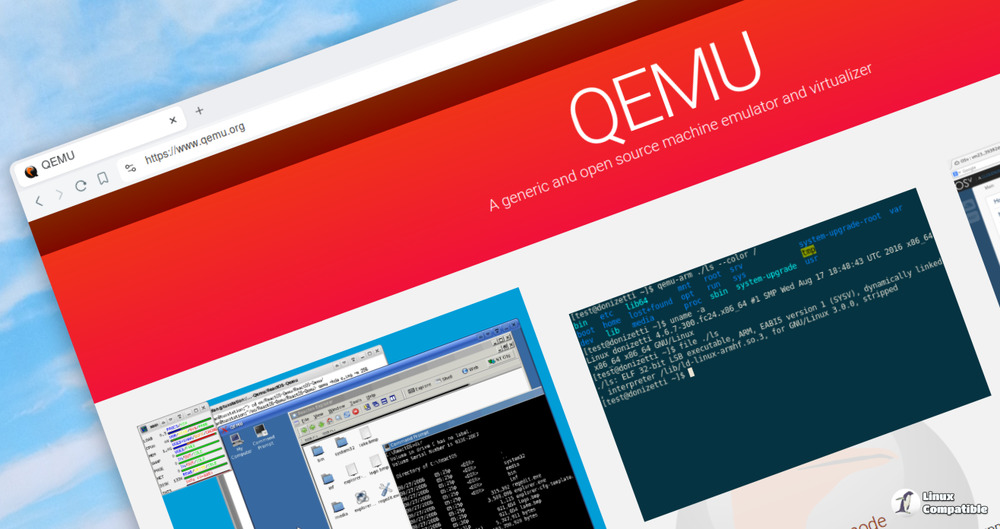QEMU version 9.2.0 released
We’d like to announce the availability of the QEMU 9.2.0 release. This release contains 1700+ commits from 209 authors.
You can grab the tarball from our download page. The full list of changes are available in the changelog.
Highlights include:
- virtio-gpu: support for 3D acceleration of Vulkan applications via Venus Vulkan driver in the guest and virglrenderer host library
- crypto: GLib crypto backend now supports SHA-384 hashes
- migration: QATzip-accelerated compression support while using multiple migration streams
- Rust: experimental support for device models written in Rust (for development use only)
- ARM: emulation support for FEAT_EBF16, FEAT_CMOW architecture features
- ARM: support for two-stage SMMU translation for sbsa-ref and virt boards
- ARM: support for CPU Security Extensions for xilinx-zynq-a9 board
- ARM: 64GB+ memory support when using HVF acceleration on newer Mac systems
- HPPA: SeaBIOS-hppa v17 firmware with various fixes and enhancements
- RISC-V: IOMMU support for virt machine
- RISC-V: support for control flow integrity and Svvptc extensions, and support for Bit-Manipulation extension on OpenTitan boards
- RISC-V: improved performance for vector unit-stride/whole register ld/st instructions
- s390x: support for booting from other devices if the previous ones fail
- x86: support for new nitro-enclave machine type that can emulate AWS Nitro Enclave and can boot from Enclave Image Format files.
- x86: KVM support for enabling AVX10, as well as enabling specific AVX10 versions via command-line
- and lots more…
Thank you to everybody who contributed to this release, whether that was by writing code, reporting bugs, improving documentation, testing, or providing the project with CI resources. We couldn’t do these without you!
QEMU 9.2.0 has been released, featuring more than 1700 commits contributed by 209 authors. Notable features encompass the provision for 3D acceleration of Vulkan applications through the Venus Vulkan driver, cryptographic support for SHA-384 hashes, QATzip-accelerated compression capabilities, experimental Rust support for device models, ARM emulation support for FEAT_EBF16 and FEAT_CMOW architecture features, and two-stage SMMU translation for sbsa-ref and virt boards.

